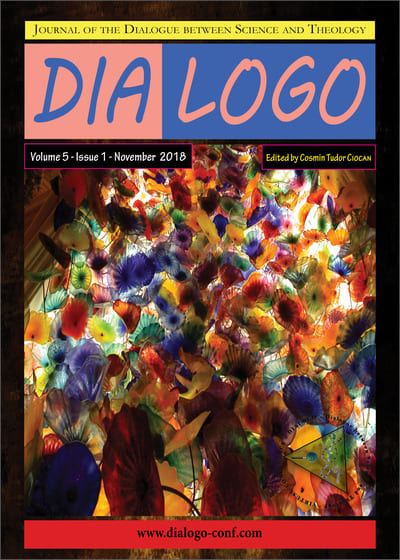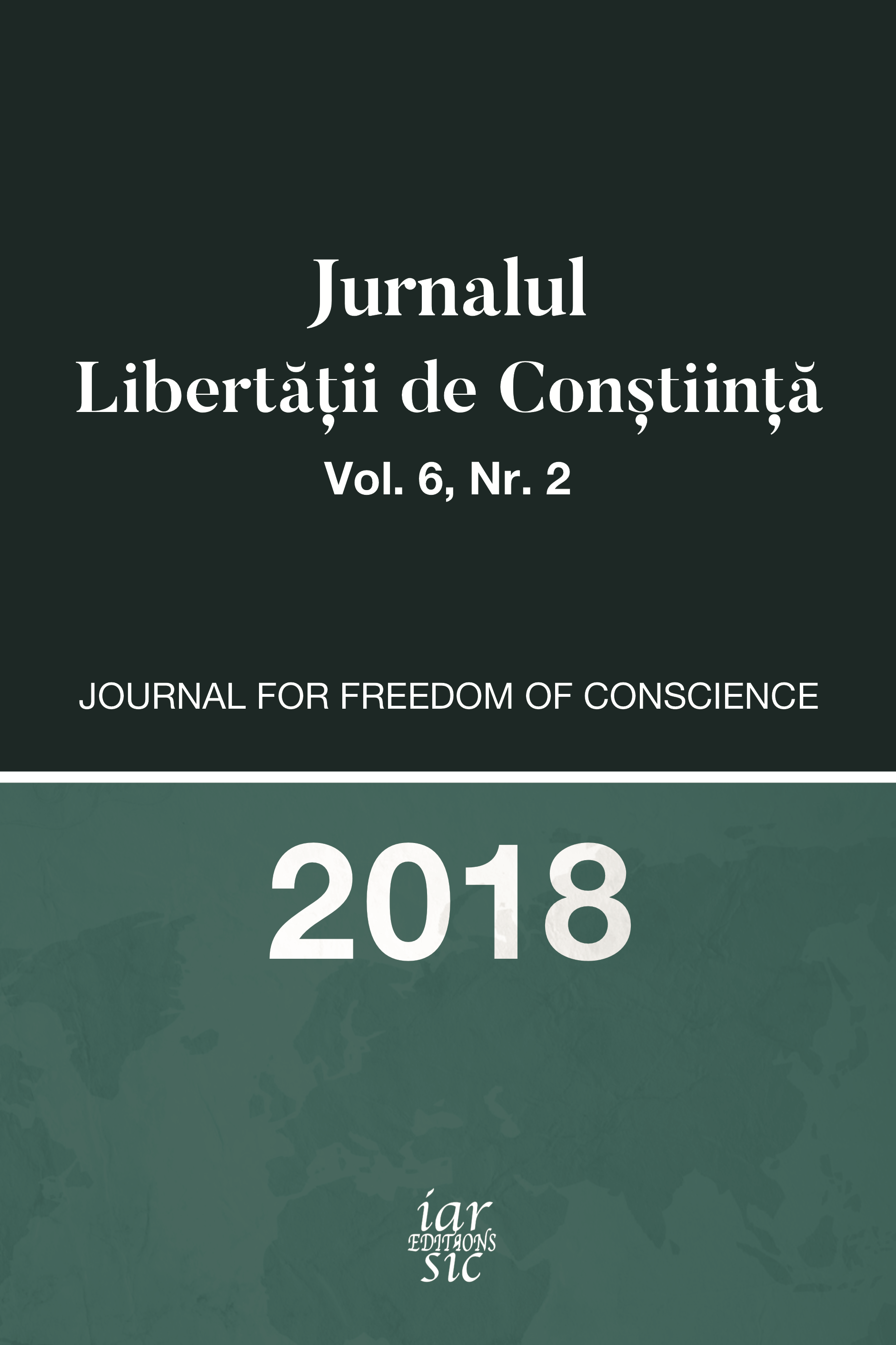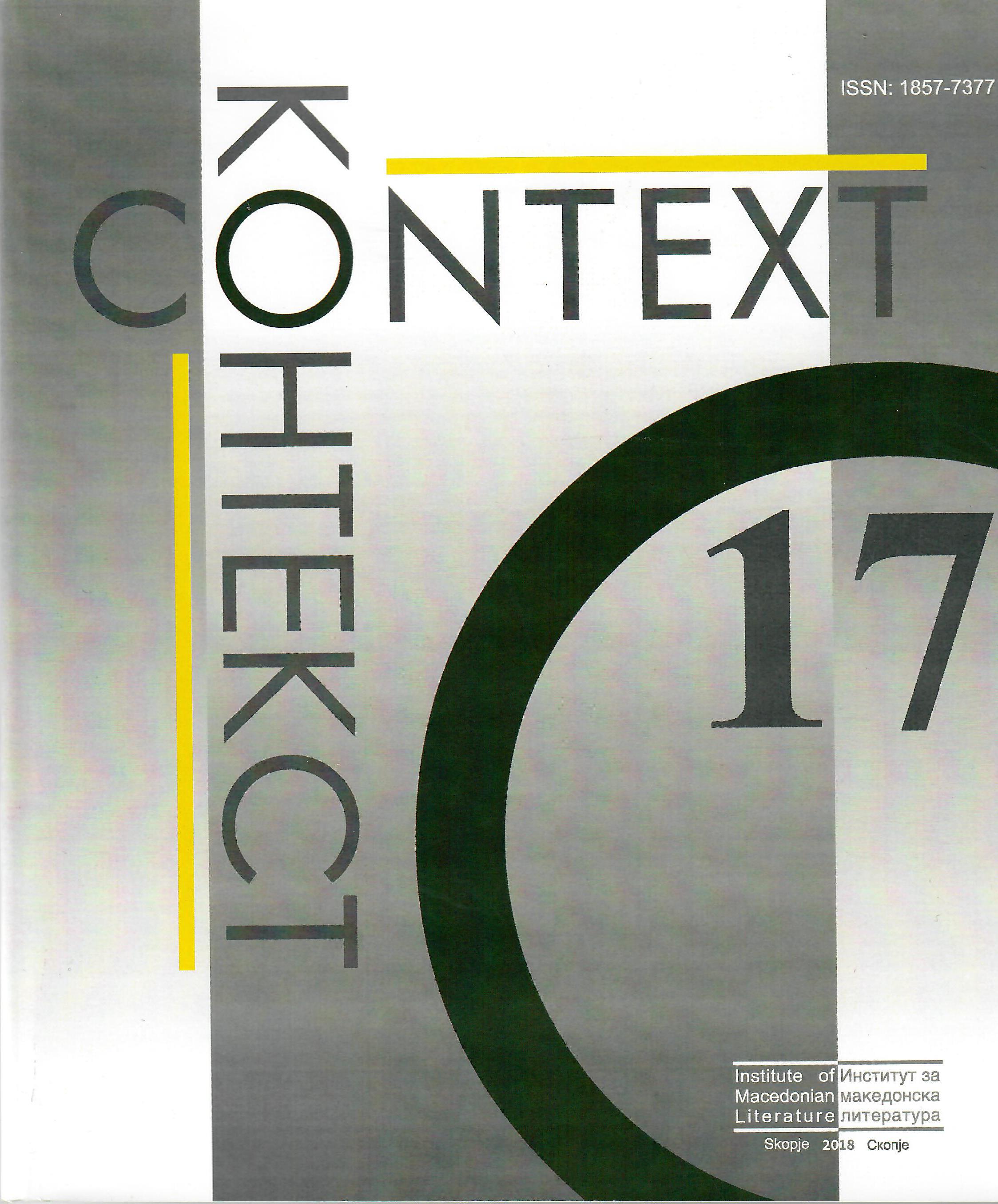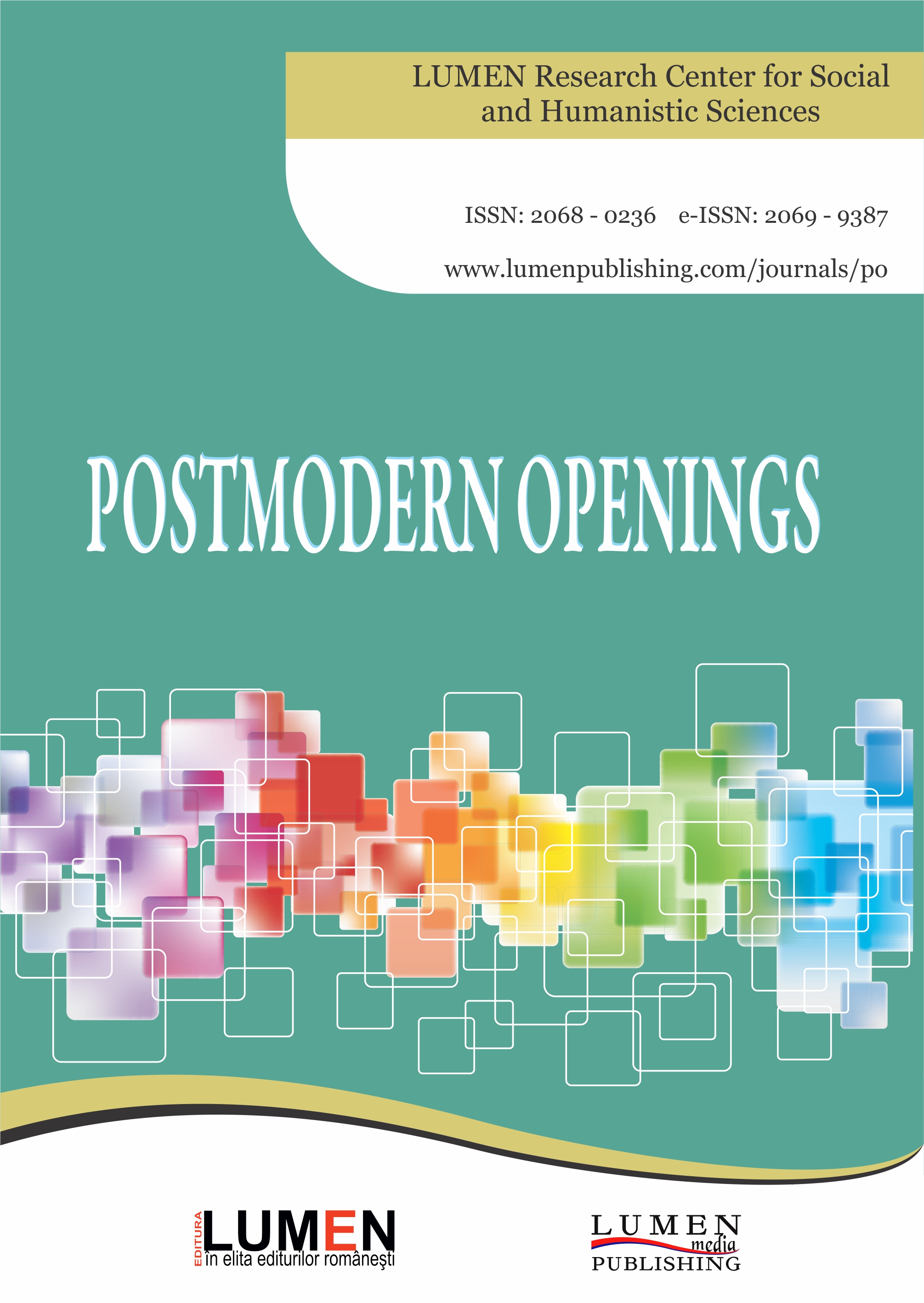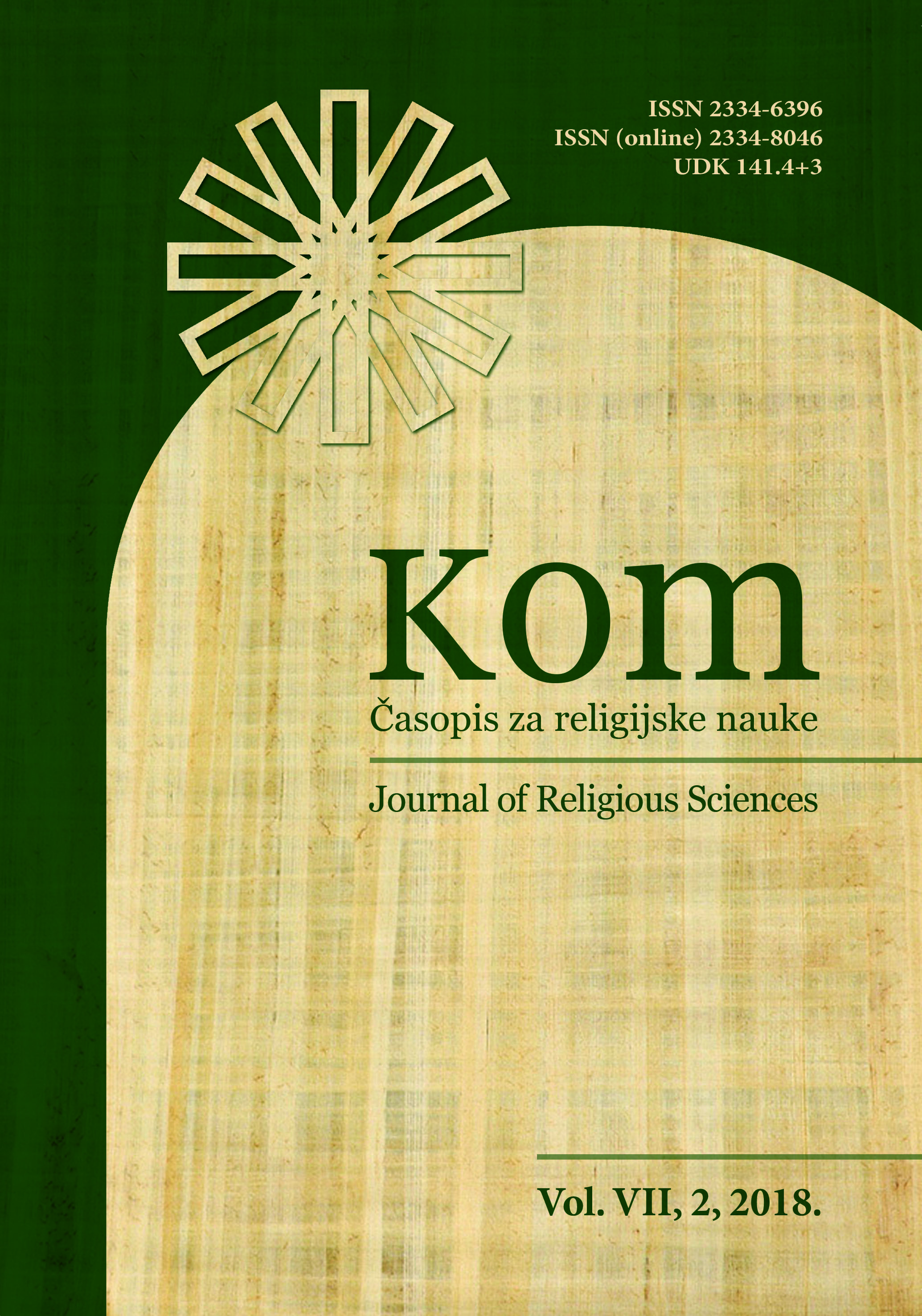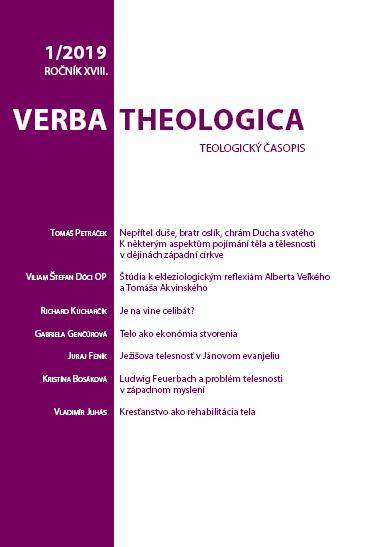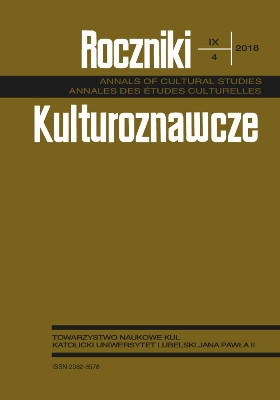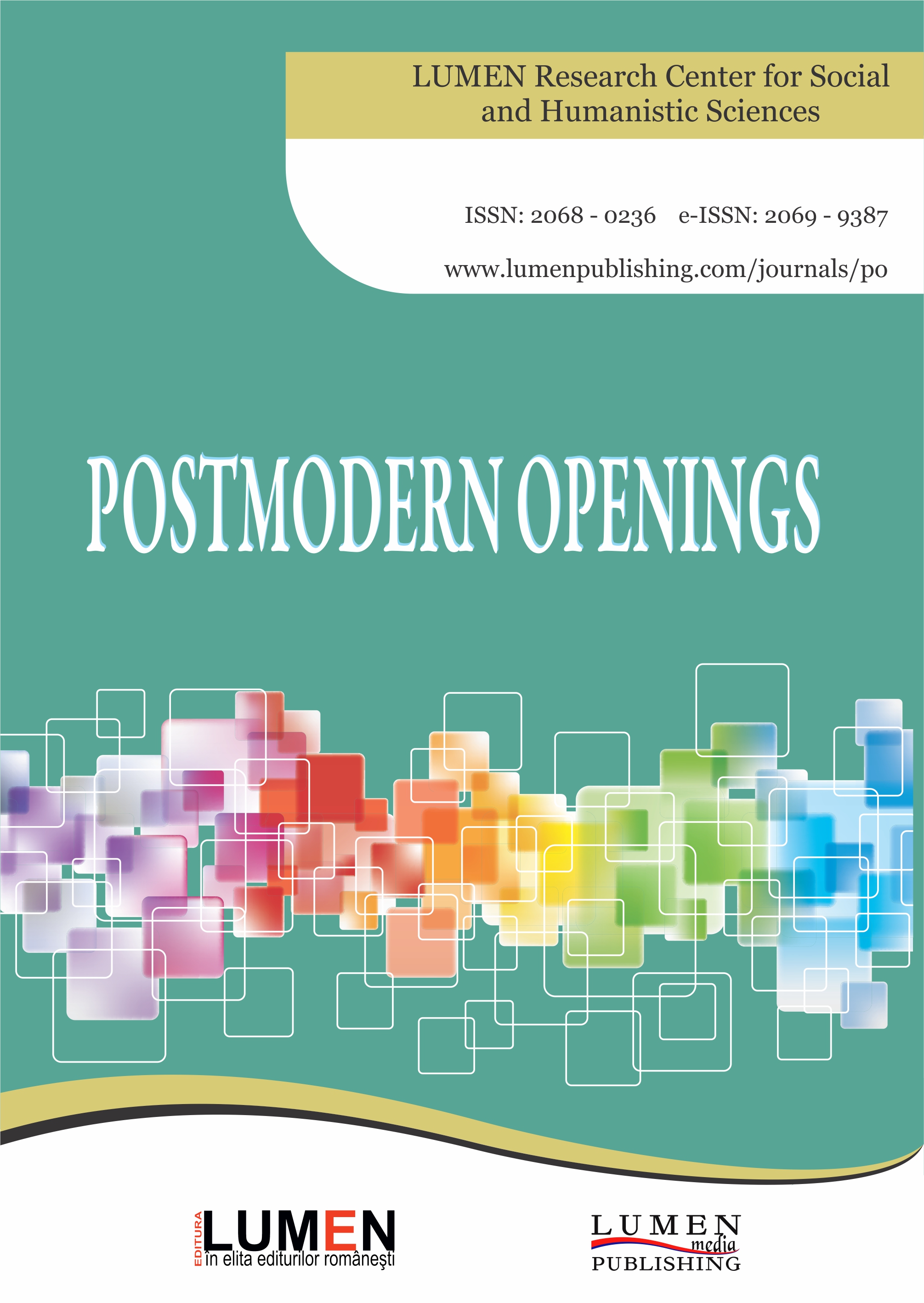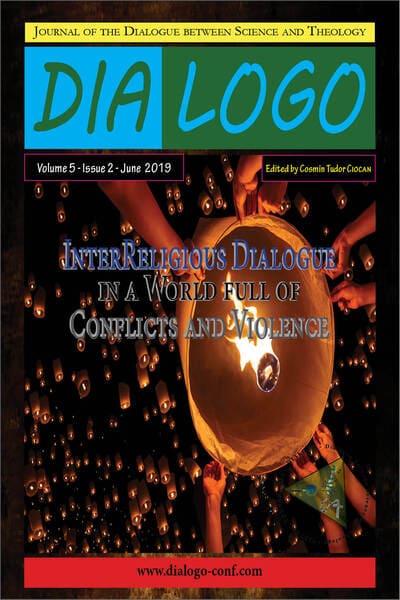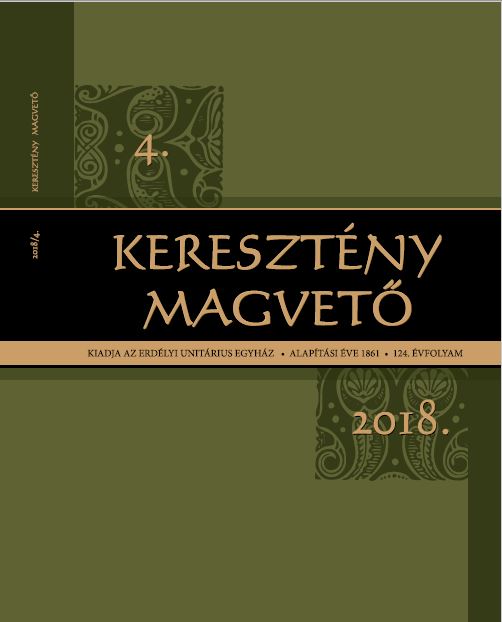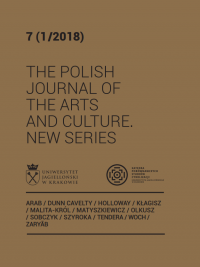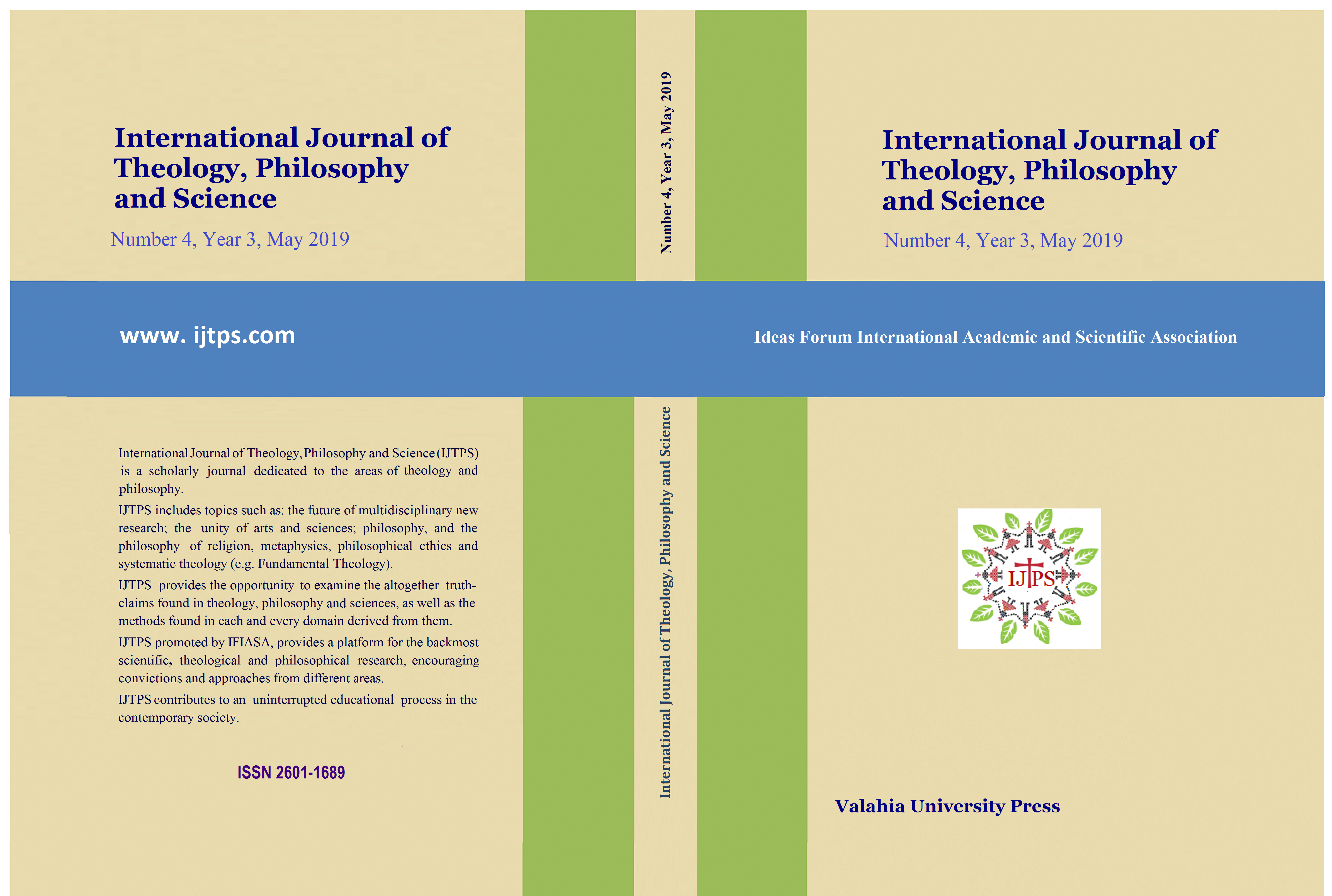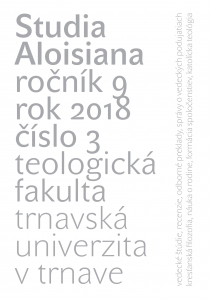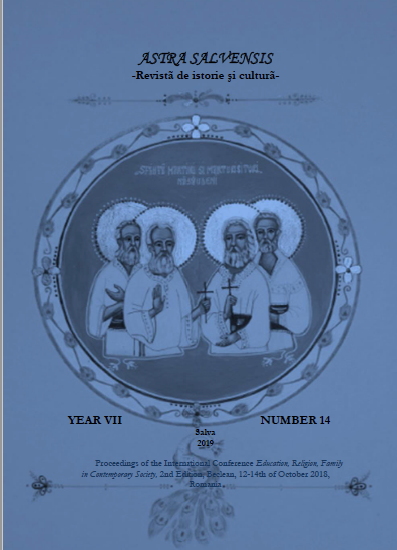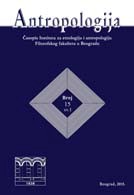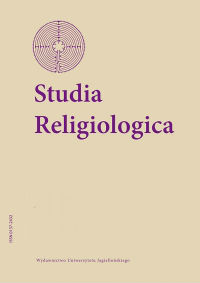
Symbolika liczby siedem w traktacie kabalistycznym Sefer ha-temuna
In recent decades, there has been increasing criticism of the dichotomy which is deeply rooted in research on religion and Judaism, namely the dichotomy between linear and cyclical notion of time with categories of history and myth respectively related to them. The aim of this article is to point out how in one religious tradition different models of time can coexist and be inextricably intertwined. The text which supports this idea is the anonymous kabbalistic treatise entitled Sefer ha-Temunah, probably composed in the mid-14th century within areas of the Byzantine Empire. The main topic of this treatise is the kabbalistic doctrine of cosmic cycles (shemittot and yovel), which is an idea of worlds periodically created and returning into a state of chaos. In this work I adapt Moshe Idel’s view, according to which the elementary structure of time in Judaism in its ritual dimension is based not on relations between precisely defined events, but on the central role played by the number seven and the process of counting to seven itself. The paper examines what role is played by the number seven and the system of associations constructed over it in the cyclical concept of time presented in Sefer ha-Temunah. I also adopt the assumptions of theory of ritual by Roy A. Rappaport to indicate that the source of the idea of cyclical time in cosmic scale is the experience of repeatability of events in ritual. This view is confirmed on the basis of the hermeneutics of Sefer ha-Temunah and allows a better understanding of this text.
More...
